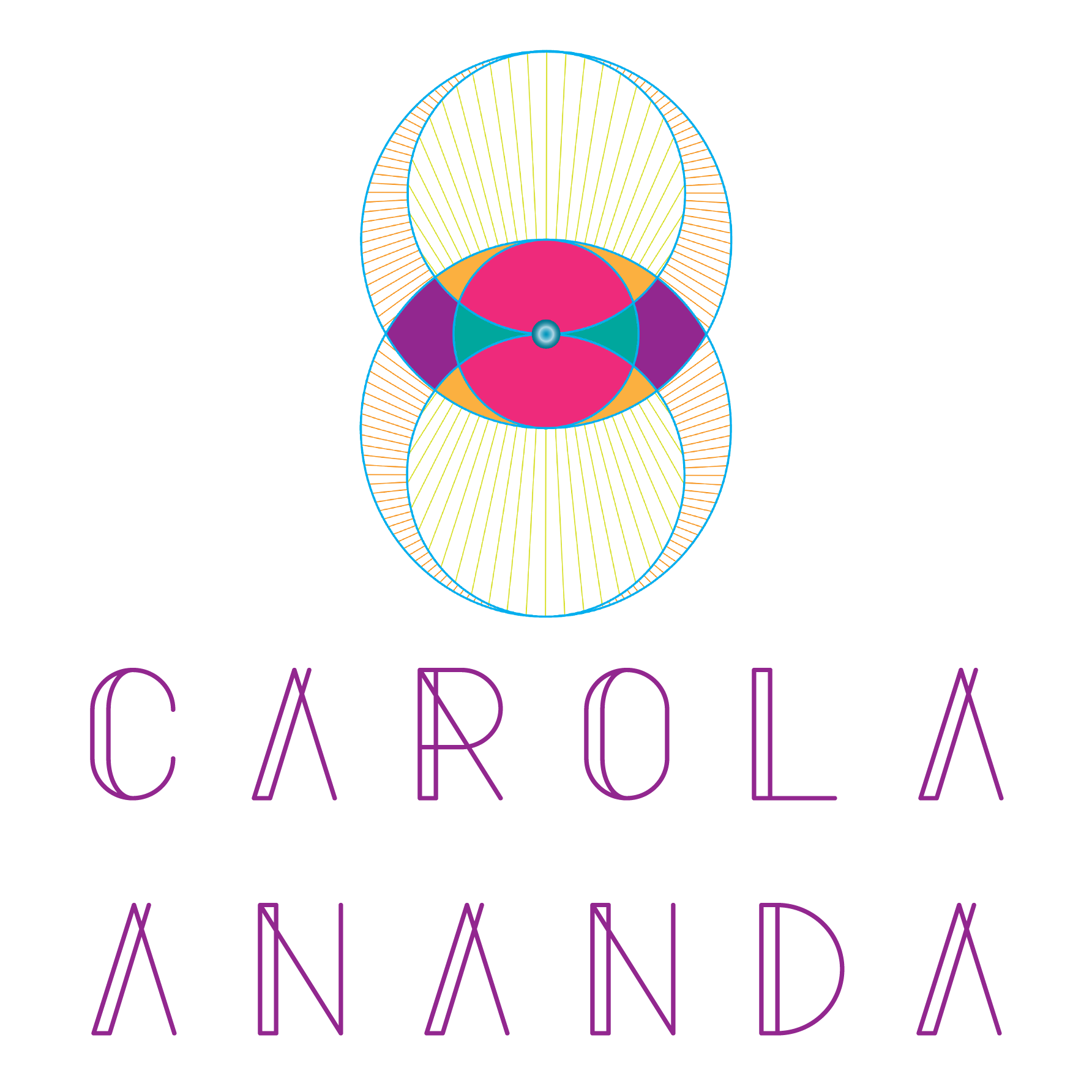Introducing Data-Driven Yoga Therapy
After having worked with over a hundred private clients of all ages, abilities and backgrounds, I noticed that we often hit a wall in progress. Clients felt better overall but could not pinpoint with exactness what had improved beyond the merely increased range of motion and strength. On the other side, some clients were not improving and it was hard to pinpoint unproductive habits, without becoming judgemental. I often knew that improvement was limited due to unhealthy sleep hygiene, stressful work schedules, overwork, diet and exhaustion, and I wanted to tell the story in an objective manner. Progress often depends on behavioural change and taking responsibility for one's health. Self-care often gets neglected because it cannot be measured. There are plenty of subjective well-being questionnaires but their limitation is their subjective nature: some clients have great self-awareness, some less so…
When I was working in start-ups as a growth hacker, my most powerful tool was data: it told a story without making it personal. Numbers helped influence strategic decisions basing them on evidence and facts rather than gut feelings (which are not to be discouraged, but when working with big egos, these feelings were not always accurate or productive). Every time I had a gut feeling about something that had to change, I knew I needed data to back my assumptions. In this way, it becomes a no-brainer for CEOs to consider my recommendations. Data was always the most powerful tool I had to be heard and drive change.
Gut feeling is important and in yoga we work on trusting this feeling, which often in modern society is obscured by analytical thinking. However, there are situations when data can help someone understand if something needs to be changed. I often have delicate conversations with my clients on not overeating, over-drinking or overworking and what is often needed, is less rather than more: take the time to actively rest and allow the body to do its wonders, heal, repair and restore. People that need rest the most, are the ones doing it the least and this often causes them to get burned before learning.
I went on a 12-month quest to best understand which metrics, devices and methods could help bring forward a data-driven approach to self-care. This is definitely not the end of the journey but merely the beginning to better understand the relationship between behaviour, neural and physiological responses.
I am now a partner with Firstbeat, an advanced performance analytics solution for stress, recovery and exercise. I am trained to offer Firstbeat Life, a professional-grade wellness solution that promotes health, and supports their users to perform at best. The service can be delivered in a one-to-one context as data-driven health and lifestyle coaching or as a corporate solution to improve employees health and wellbeing. The gathered data is reviewed and analyzed to provide bespoke recommendations and to inform a strategy to meet clients’ goals and priorities. I infuse counselling skills from Yoga Therapy and my knowledge of yogic techniques to help clients improve their HRV (heart rate variability), sleep recovery and cardiovascular fitness. Thanks to the advanced physiological measurements, we are able to track clients’ improvements and offer data-driven recommendations.
Overall, I am interested in preventing burn-outs and promoting active self-care, aided by the advances that humanity has brought forward. I have learned all of this on my skin and I was lucky enough not to get as burned. I have met plenty of young professionals under 35 that pushed too hard and their bodies said no! This has been my drive to design personalised data-driven yogic and somatic programs, informed by my background in behavioural economics to help people take better care of themselves, learn more about who they are, what is their purpose and drive in life. The grander vision is to use data to conduct research and gather valuable data to help individuals, employers and policymakers to understand the value of rest, slowing down and breathing. All I am learning delivering these programs is helping me to put together a PhD proposal to bring it to the next level and increase the impact.

